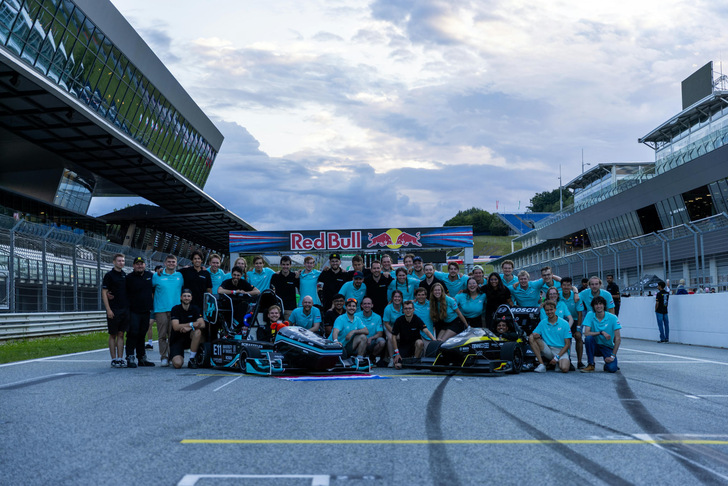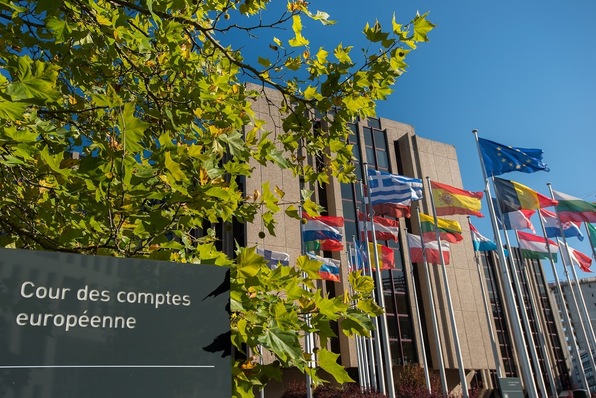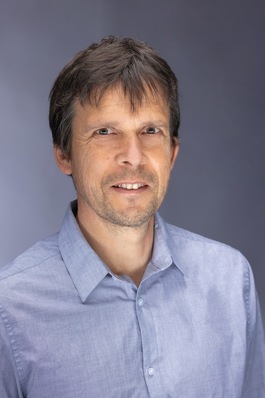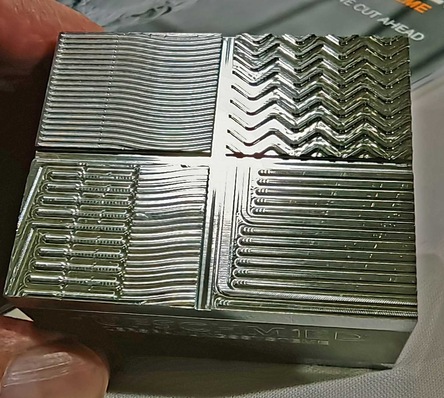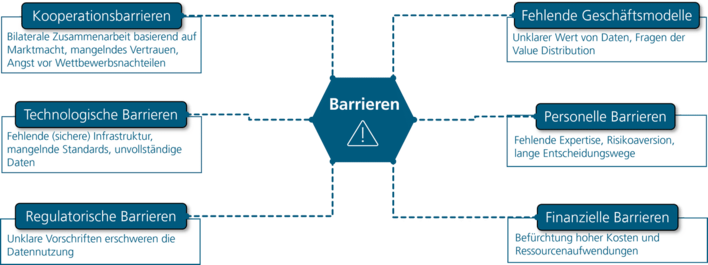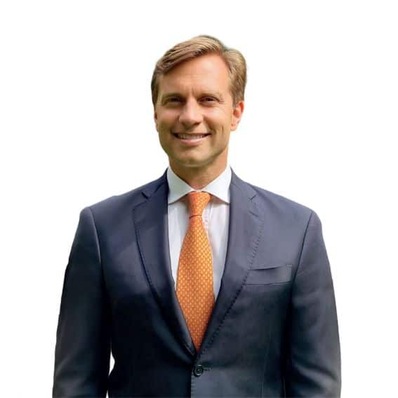For the first time in 2025, hydrogen-powered vehicles will compete against conventional drivetrains in the Formula Student Austria design competition. Two teams are taking advantage of the new regulation, which aims to strengthen the focus on alternative propulsion systems and CO2 reduction.
Formula Student Austria (FSA) has, for the first time in 2025, admitted hydrogen-powered vehicles to the competition. Two teams are seizing the opportunity to enter their self-developed hydrogen-powered vehicles in competition with conventional electric and hybrid vehicles. The event will take place from July 21 to 24 at the Red Bull Ring in Spielberg, Austria.
The new regulation was developed in collaboration with other Formula Student events. The goal is to enable students to engage with alternative propulsion technologies and to reduce the CO2 footprint of the vehicles. “By switching from fossil fuels to hydrogen, we are also opening up new opportunities for teams to attract long-term sponsors. In addition, they are working with alternative propulsion systems and the reduction of the CO2 footprint for a green future,” says Christoph Hirt, event manager of Formula Student Austria.
A total of 58 teams from 16 countries will participate in the 16th edition of the competition. The students develop their vehicles from scratch each year and compete in various disciplines. In addition to technical inspections, these include static events such as Engineering Design, Cost Presentation and Business Presentation, as well as dynamic disciplines such as acceleration, cornering behavior and a 22-kilometer endurance race.
Formula Student Austria is supported by numerous companies from the automotive and energy sectors. Long-standing sponsors include Audi, AVL, Bosch, Magna, EDAG and the Austrian Association for Automotive Technology (ÖVK). In 2025, Maximator and Wien Energie will also be involved as partners for the first time.
Austria traditionally has a strong presence: five teams from universities and universities of applied sciences in Graz, Vienna and Innsbruck will be represented. The event is organized by a voluntary team and supported by more than 150 volunteers.


